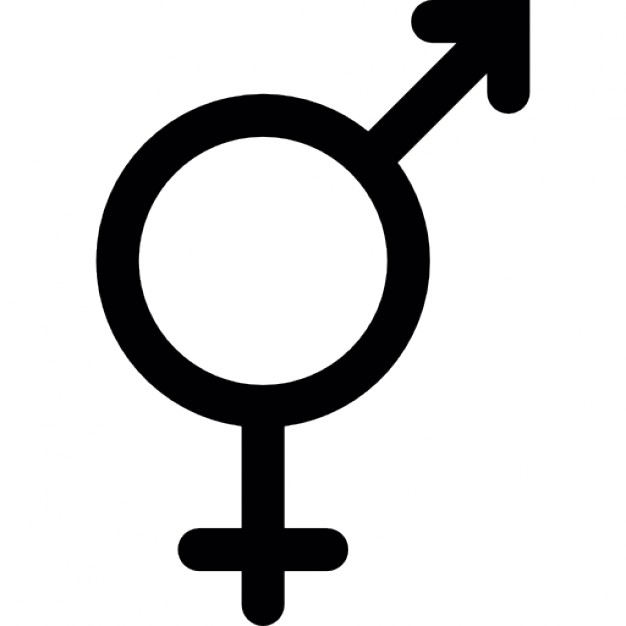In an evaluation report published today, the Council of Europe’s Group of States against Corruption (GRECO) calls upon Denmark to strengthen its policies to prevent corruption in respect of persons entrusted with top executive functions (members of the government and – in certain cases – special advisers) and the police. The report calls for specific attention to be paid to rules on how persons with top executive functions engage with lobbyists, as well as on their employment following termination of their service in the public sector (revolving doors).
While trust is a central feature of the Danish integrity system, this has, however, led to few regulations to prevent corruption and few control measures in place. The report outlines that members of the government are expected to lead by example and therefore requires Denmark to adopt further corruption prevention tools in place. GRECO recommends that the authorities set up a strategy targeting corruption risks to persons with top executive functions complemented by an enforceable code of conduct as well as systematic briefings on integrity issues.
While welcoming Denmark’s tradition of transparency, GRECO is very critical of the scope of exceptions under the Access to Public Administration Files Act and calls upon the Danish authorities to either amend this law or take further measures to ensure that the exceptions are applied less frequently in practice.
On the positive side, GRECO commends the strengthening of police procurement procedures in 2018, the content of the new guidelines “Good behaviour in the police and prosecution service” and changes to security clearance procedures, and highlights the establishment of the Independent Police Complaints Authority in 2012.
However, GRECO calls for further improvements, such as mandatory integrity training of police managers, reporting of secondary activities by police officers and additional measures to make the police more representative of society as a whole. Finally, as a complement to the new whistleblowing system in the police, the Danish police should raise awareness among its staff of the duty to report corruption-related misconduct they come across within the police.
The Danish authorities should report back on measures taken to implement the 14 recommendations included in the report by the end of December 2020, which will then be assessed by GRECO through its compliance procedure in 2021.
- Link to the Fifth Round Evaluation Report on Denmark







